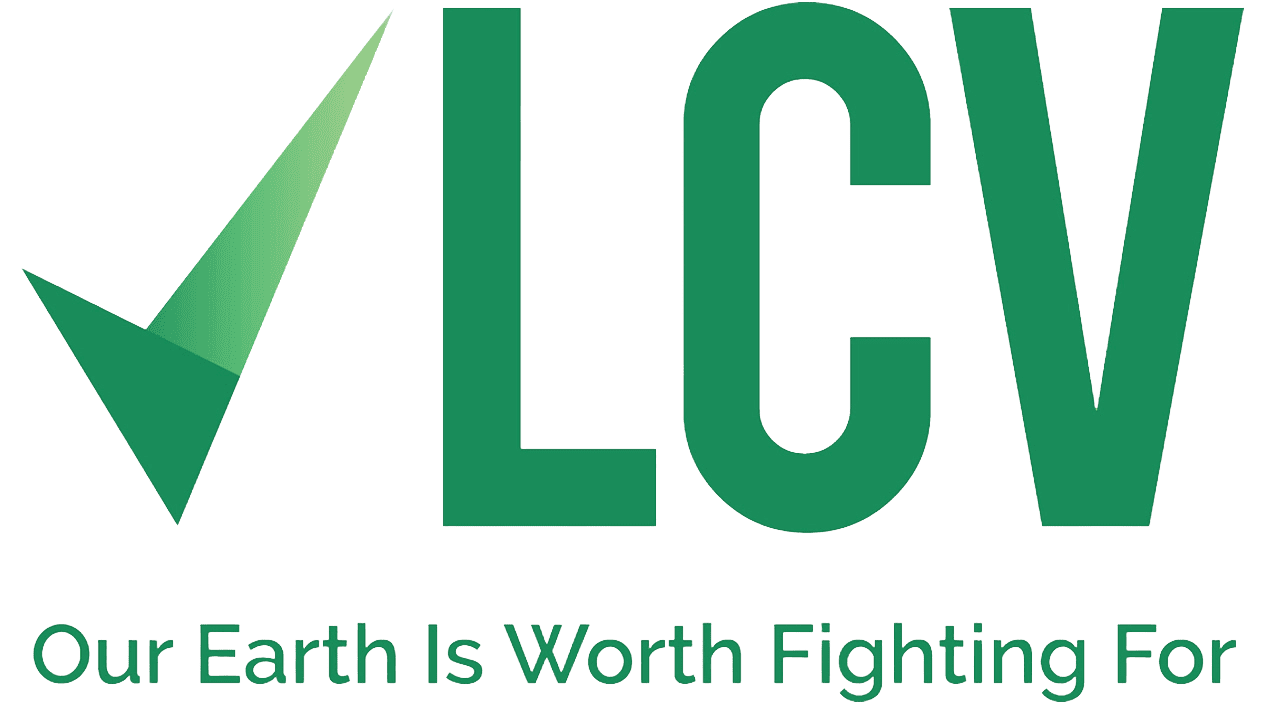How well do you know your customers? We mean, really know them. Not just how they behave when interacting with your quick-service restaurants, but what they do when they’re out…
Data warehousing with Civis Platform increased revenue by 390 percentage points over a five-year period.
Linking person-level data using Identity Resolution to more effectively segment donors.
Eliminated sync issues and consolidated data between two independent data teams.

American environmental advocacy group founded in 1969
Comprised of 30 state affiliates and more than 35,000 volunteers
2022 revenue: 78 million

The League of Conservation Voters (LCV) drives environmental progress through political action, leveraging its national advocacy movement to influence environmental policy, enforce legislative accountability, and impact election outcomes.
But to clean up the planet, LCV had to clean up its data. The organization supports two internal data teams — a campaign team (dedicated to voter canvassing, supporter mobilization, and related electoral efforts) using NGP VAN and Catalist as its chief databases, as well as a fundraising team reliant on Salesforce as its database of record — resulting in scattered and siloed data insights that undermined its ability to track financial progress, membership growth, and other critical metrics.

LCV brought on the Civis Platform in 2015, developing a data warehouse to contain and consolidate its fundraising and marketing data operations. Platform sits at the center of LCV’s tech stack, between Salesforce and the organization’s other fundraising and marketing tools, effectively serving as both a data archive and as a computing tool to aggregate and send historic data back into Salesforce, enabling more informed audience segmentation translating to more precise, effective marketing and fundraising campaigns.
Hear LCV’s former VP of Data and Operations, Amanda Hoffman, discuss our work with Dr. Alexandra Mannerings on Heart, Soul & Data:
“In every case that we can, we have APIs that are connecting external sources of data directly to Salesforce. In cases where that is not possible, we’re using SQL jobs in Civis Platform to pull that data in automatically,” says Amanda Hoffman, LCV’s former vice president of fundraising operations.
“For example, our caging and cashiering firm does its data entry. They’re posting a file every night to an FTP site. We have a SQL job that’s going out, grabbing that data, bringing it into Platform, then writing all of those opportunities into Salesforce, and automatically updating contacts and accounts. No one has to do anything internally — it just flows. That’s not only reducing staff time but also making sure that everything is in one place. We have VAN and Salesforce brought into Platform every night so that we can access all those tables, too.”
Civis Platform is a flexible, scalable data management solution that makes it easy for mission-driven organizations like LCV to import, transform, analyze, and report on their data. The cloud-based Platform allows stakeholders throughout the ranks to collaborate in a centralized environment to generate data-driven insights and close the loop on measurement, activation, and attribution. The Civis team works alongside the client’s technical and non-technical teams to architect each data warehouse in Platform so that it fits seamlessly within each organization’s existing tech stack.
LCV is also working with Civis’s Identity Resolution application [IDR], which uses a combination of advanced machine learning algorithms and customizable logic to link together person-level data from multiple sources and create a unique, stable identifier for each individual, enabling organizations like LCV to better recognize, segment, and reach the individuals who matter most.
“We’ve got lots of databases, and anybody who has databases that use email as a unique identifier knows that does not help you solve duplicates in any way, shape, or form,” Hoffman says. “Now we’re creating contact tables within Civis and deduping them there. We’re starting with Salesforce and VAN, and eventually, we’ll be bringing everything else in.”

Civis Platform is now a core component of LCV’s revenue operations, yielding dramatic efficiencies in the organization’s fundraising and marketing efforts.
The results speak for themselves. Between 2009 and 2014 — the five-year period before adopting Platform — LCV increased its revenue by 170 percent; between 2015 and 2020, its first five years using Platform, revenue skyrocketed 390 percentage points. And there are no signs of slowing growth: LCV raised $140 million in 2021, compared to $21 million in 2009.
But while Platform’s ability to archive data from many sources and sync aggregated fields back to systems like Salesforce filled a critical need for LCV, a new challenge presented itself.
“We were really excited to have one database of record — the warehouse — as opposed to two for the two different teams. But because we have two teams, nobody owned it, and by 2020, it was a mess,” Hoffman explains. “There was no convention. There were tables everywhere, and there were formulas everywhere. So, in 2021, we did a complete restructuring of the system.” Much as Civis partnered closely with LCV in 2015 to implement Platform, the company delivered the roadmap to help LCV overhaul its existing Civis Platform cluster to improve data trust, organization, and efficiency.
Thanks to Civis Platform, LCV’s data is in better shape than ever before — and what’s good for LCV is good for the environment, too.

We can help find the right path for your organization.